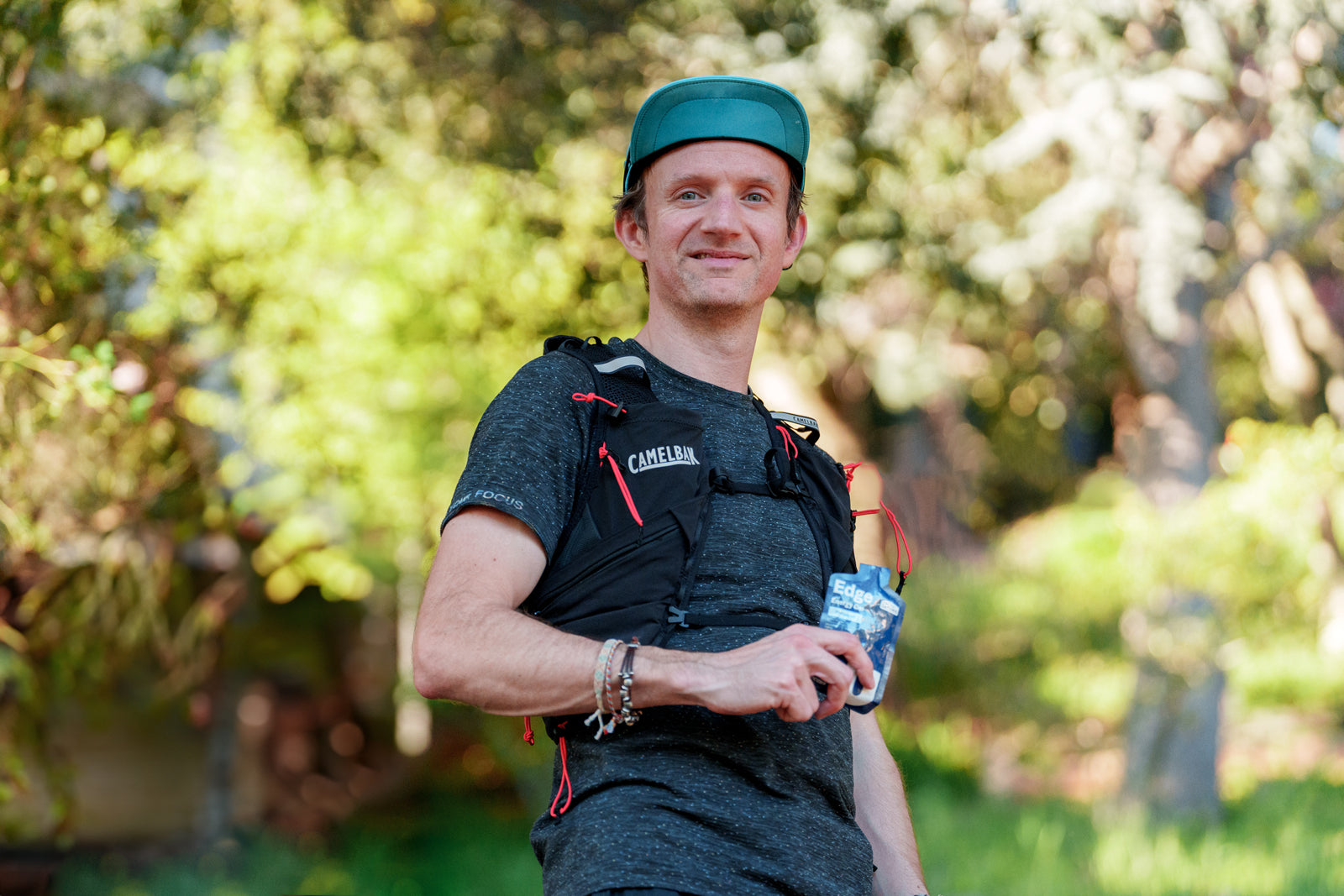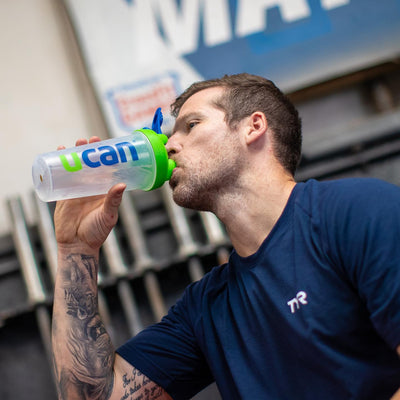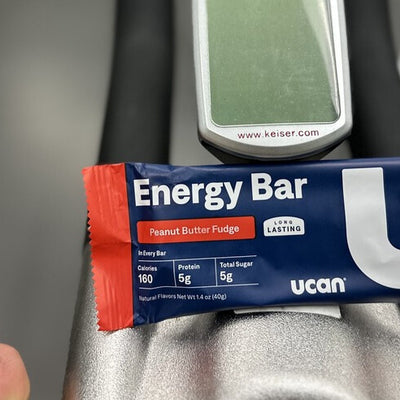By Alastair Dixon | Trail & Kale
Training, fueling, and recovery all play a valuable role in being able to run for longer. These are the 5 most important things you need to be doing.
I’m Alastair from Trail & Kale, a website that helps you run your best with independent running shoe reviews, 101 advice, and free training plans - and today I’m sharing my top 5 tips to help you run longer.
Extending your running distance is a fun challenge that brings a lot of satisfaction and physical benefits. Setting goals, and hitting new PRs is one of the reasons why running is such an addictive sport, and in the world of endurance running, going further than your previous record is something many of us love to do, especially if you have your eyes on a target race, whether that’s a 5k, 10k, half or full marathon… or even an ultra marathon!
Drawing from extensive personal experience and the collective wisdom of the Trail & Kale running community, in this post I’m sharing with you 5 strategies that will help you push your limits and be capable of running longer distances.
1. Follow a solid training plan
Building endurance and stamina is the cornerstone of running longer distances, which means being consistent and structured in your training strategy - there’s no easy way around that. A training plan or schedule tailored to your current level of fitness, and goals, is essential. Starting with a foundation of shorter, easier runs and progressively increasing distance and intensity is key. This approach allows your body to adapt gradually, minimizing the risk of injury and burnout.
Adapting your training plan to include variety, such as interval training, tempo runs, and hill workouts can significantly enhance your endurance with time. These sessions improve your aerobic capacity and teach your body to recover more efficiently, which is vital for those longer runs. Remember, it's not just about running longer; it's about running smarter.
For those embarking on this journey, whether you're aiming for a new personal distance or preparing for a race, our comprehensive training plans offer guidance through every step, ensuring a balanced approach to increasing mileage, learning heart rate training, incorporating rest, and enhancing your overall running experience.

2. Strengthen your mental toughness
The importance of mental fortitude while running, especially when extending your distances, cannot be overstated. Developing mental resilience can help you overcome the inevitable challenges and barriers you'll face. Strategies such as goal setting, visualization, and positive self-talk are invaluable tools. Visualizing your success, whether it’s completing a challenging run or crossing the finish line of a race, fosters a positive mindset and builds confidence.
Engaging in mindfulness and focusing on the present moment can also alleviate the mental strain during longer runs. Breaking down the distance into manageable segments can also make the overall run feel more achievable. Remember, running is as much a test of mental strength as it is physical endurance.
3. Fuel properly before and during your run
Nutrition plays a pivotal role in your ability to run longer distances. Fueling your body with the right nutrients before and during your run can prevent energy dips and spikes, and enhance performance.
Currently, I integrate UCAN's Edge energy gels into my long runs as they offer a sustained energy release, providing roughly 75 minutes of energy from approximately 70 calories per gel. Their sugar-free, caffeine-free, proprietary corn starch based formulation is designed to prevent the spikes and crashes associated with some other energy products, supporting a steady performance throughout your run.
In addition to energy gels, maintaining a balanced diet rich in complex carbohydrates, lean proteins, and healthy fats is essential for recovery and overall health.
Hydration is another key factor; ensuring you drink adequately before, during, and after your runs is crucial, especially in warmer conditions but you also sweat in the cold so don’t assume it’s any less important to hydrate during long runs in the winter months.

4. Embrace rest and recovery
The importance of rest and recovery in your training cannot be over-emphasized. Integrating rest days into your schedule gives your body the chance to heal and strengthen, reducing the risk of overuse injuries. Active recovery, such as by participating in lower-impact activities like yoga or light cycling, can aid muscle recovery while keeping you moving.
Post-run recovery practices, such as stretching, foam rolling, and hydration, play a significant role in preparing your body for the next run. Prioritizing sleep is also vital, as it’s during this time that much of the body’s healing and strengthening occurs. Incorporating rest and recovery strategies into your routine ensures longevity in the sport.
5. Join a supportive community
Finding a supportive community can also impact your motivation and enjoyment of running. Whether it’s a local running club or an online community, sharing your experiences, challenges, and achievements with others provides a sense of belonging and encouragement. Communities offer diverse perspectives and tips, enriching your running journey and possibly introducing you to new running routes, training techniques, and races too.
At Trail & Kale, we understand the value of community support in achieving running goals. That’s why we encourage you to join our Strava running club, where you can connect with fellow runners, share your progress, and find inspiration and motivation from the community.
Final words of wisdom
Embarking on a journey to run longer distances is both a physical and mental endeavor. By following a structured training plan, focusing on mental resilience, fueling wisely, prioritizing rest and recovery, and leaning into the support of a running community, you’re setting the stage for success. These strategies not only enhance your running performance but also make the journey more enjoyable and fulfilling.








